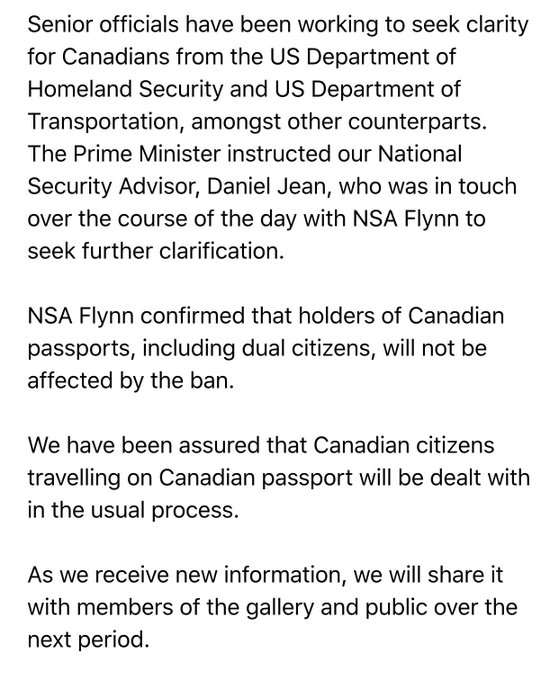To be eligible to apply under Ontario’s Express Entry French-Speaking Skilled Worker Stream, you must meet provincial and federal eligibility criteria. You will be assessed against both as part of the nomination process.
To qualify under Ontario’s Express Entry French-Speaking Skilled Worker Stream, you must:
To qualify under Ontario’s Express Entry French-Speaking Skilled Worker Stream, you must:
- Have a valid profile in the Express Entry pool;
- Qualify for either the Federal Skilled Worker Program (FSWP) or the Canadian Experience Class (CEC); AND
- Indicate an interest in immigrating to either Ontario or “All Provinces and Territories” when you create a profile in Express Entry.
Note: You will be asked to select which federal program(s) you would like to be assessed against for your application to the Ontario Immigrant Nominee Program (OINP).
Ontario French-Speaking Skilled Worker Stream Criteria
To be eligible to apply, you must meet the following provincial criteria:
- Work Experience:
- A minimum of either:
- one year work experience within the past five years according to the criteria under the Federal Skilled Workers Program
- one year work experience within the past five years according to the criteria under the Canadian Experience Class
- A minimum of either:
- Education: Equivalent of a Canadian Bachelor’s degree or above;
- Language:
- A minimum of Canadian Language Benchmark (CLB)
- level 7 in French
- level 6 in English
- A minimum of Canadian Language Benchmark (CLB)
- Settlement Funds: A minimum level of savings or income to support you and your family members
- Intent: An intention to reside in Ontario.
How to Apply
Step 1: Create an online Express Entry profile
- You must create a profile in Immigration, Refugees and Citizenship Canada's (IRCC) Express Entry system. Once you do, you will receive an Express Entry Profile Number and a Job Seeker Validation Code (also known as Candidate Identifier Code). You will need these to submit your application to Ontario.
- When you create a profile in Express Entry, you must indicate your interest in immigrating to either Ontario or “All Provinces and Territories.”
- You must qualify for one of two IRCC economic immigration programs: the Federal Skilled Worker Program (FSWP) or the Canadian Experience Class (CEC).
Please see the French-Speaking Skilled Worker Stream Application Guide for more details, or visit the Immigration, Refugees and Citizenship Canada (IRCC) website.
Step 2: OINP identifies candidates in Express Entry pool
Step 2: OINP identifies candidates in Express Entry pool
- The Ontario Immigrant Nominee Program (OINP) searches the Express Entry pool on a regular basis and identifies potential candidates who meet the French-Speaking Skilled Worker Stream criteria (see Section 2.0 of the French-Speaking Skilled Worker Stream Application Guide for more information).
- If OINP identifies you in the Express Entry pool, you will receive a Notification of Interest from Ontario through your IRCC online account. This notification will invite you to apply to OINP for nomination under the French-Speaking Skilled Worker Stream.
Step 3: Apply to OINP under the French-Speaking Skilled Worker Stream
- After you receive a PT Notification of Interest from Ontario through your IRCC online account, you have 45 calendar days to apply to OINP under the French-Speaking Skilled Worker Stream.
- To apply, you must submit your application through our OINP e-Filing Portal and ensure that you include all the required supporting documents.
- All applicants must indicate which federal immigration program they wish to be assessed against: FSWP or CEC.
- The application fee costs $1,500. The fee covers the cost of processing your application and is non-refundable once you submit your application.
- OINP will assess your nomination according to the French-Speaking Skilled Worker Stream eligibility criteria. Your application will also be assessed to ensure you meet the FSWP or CEC criteria.
Step 4: Accept nomination from Ontario and apply for permanent residence
- If your application is approved by Ontario, you will receive a letter from OINP through your IRCC online account notifying you of your nomination. You have 30 calendar days to accept the nomination from Ontario in the Express Entry system.
- A nomination from Ontario will give you an additional 600 points in the Comprehensive Ranking System (CRS) and you will receive an invitation to apply for permanent residence from IRCC.
- Once you receive an invitation to apply from IRCC, you have 90 calendar days to submit your application for permanent residence to IRCC.
For more information on IRCC’s application process for permanent residency for provincial nominees through the Express Entry system, please visit the IRCC website.
Source: http://www.ontarioimmigration.ca/en/pnp/OI_PNP_EE_FRENCH_HOW.html

